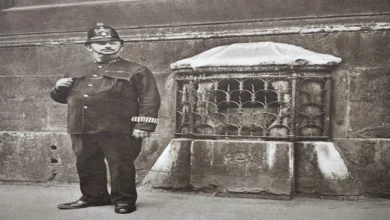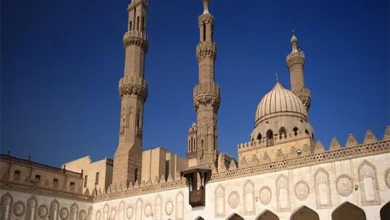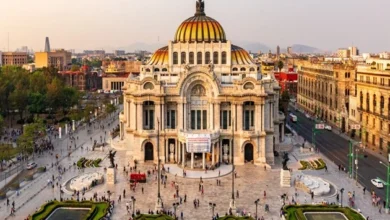Top 5 ways the British Empire destroyed Africa
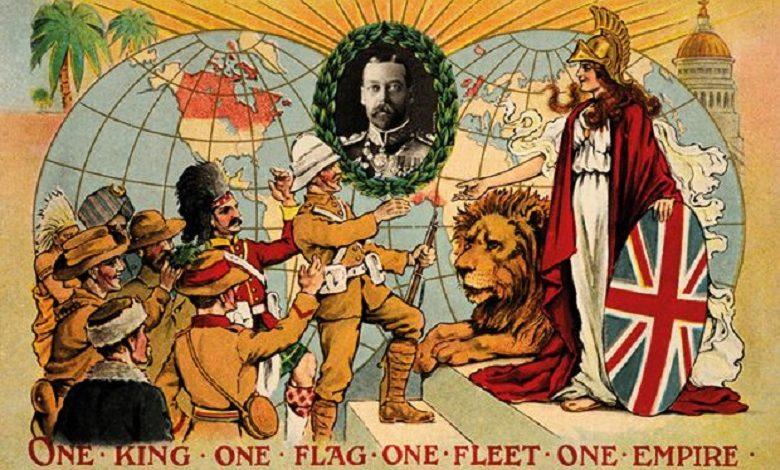
How can we say that there were no civilizations in Africa before colonialism came? Economic, political, and social structures existed in African society long before the 19th century.
In his search for the origins of the Nile, Frederick Cayor admired the structure of Egyptian society. Massive empires existed in Zimbabwe and Zululand – let’s mention only two – and were crushed by land grabbing by colonial empires in the 19th century.
The British Empire was by far the largest in history and, for almost two centuries, was the world’s leading power. The British ruled more than 458 million people and occupied 13,012,000 square miles-most a quarter of the total land area before 1922.
But despite these remarkable achievements, the British Empire sowed the seeds of the worst disasters that struck humanity in Africa. Although the British are not directly responsible for everything that happens, their intervention is often as destructive.
Here are five ways the British Empire destroyed Africa
1. Africa scrambled
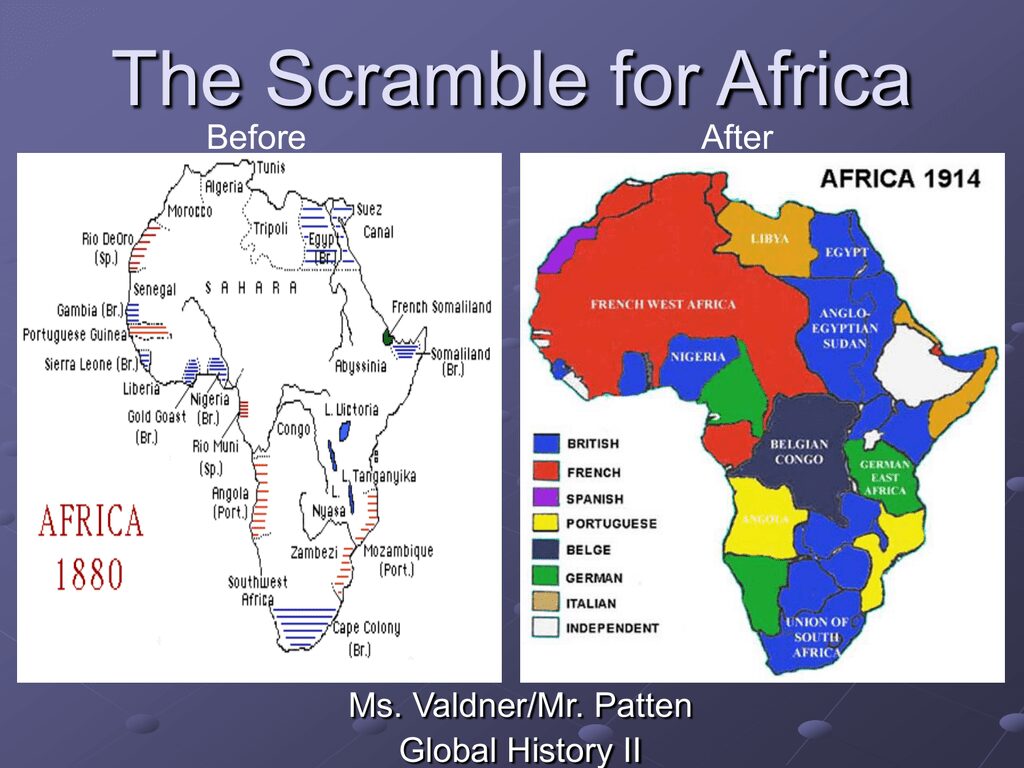
The Berlin Conference of 1884-1885 started the process of dividing Africa, ignoring local culture or differences between ethnic groups and often leaving people from the same tribe on opposite sides of artificial borders imposed by Europeans.
Britain’s primary concern was to maintain its lines of communication with India, hence its interest in Egypt and South Africa. As soon as these two areas were consolidated, imperialists, such as Cecil Rhodes, encouraged the acquisition of new territories to create the railway of Cape Cairo. Britain was also interested in the commercial potential of mineral-rich areas such as Transvaal, where gold was discovered in the mid-1880s.
As a result, during the last twenty years of the nineties, Britain occupied or annexed territories that accounted for more than thirty-two percent of Africa’s population, making the British the most dominant Europeans on the continent.
By 1965, the British Empire had lost its death grip on the continent, but the consequences of imperialism were enormous. First, the settlement states of Kenya, Rhodesia, and South Africa experienced many cases of violence before African nationalists were able to restore stability after the departure of colonial governments.
Corrupt African “strongmen,” or dictators, often gained power despite ignoring the social needs of the people. Economic dependence on the West, coupled with political corruption, has paralyzed attempts to diversify the economy.
Even today, the least developed region in the world is Africa, where poverty and malnutrition thrive. The idea that Europeans want to “civilize” Africa was an absolute lie and a means of justifying the exploitation of the continent.
2. Transatlantic Slave Trade
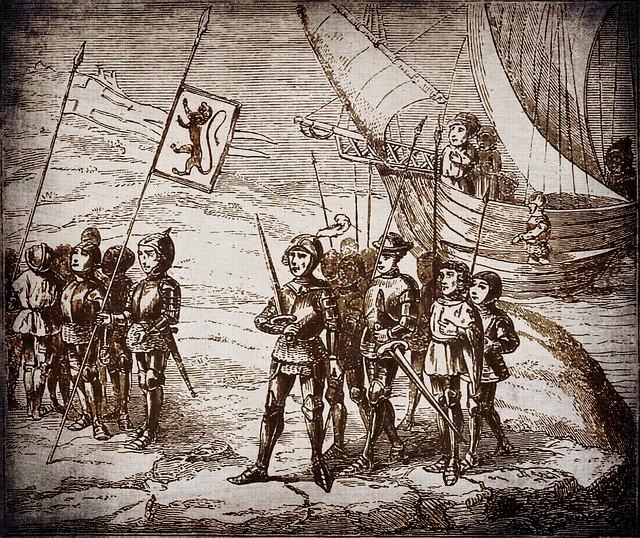
British Empire did not start the slave trade or even import most of the slaves (both of these doubtful differences belong to the Portuguese). At first, the British traders simply supplied slaves for the Spanish and Portuguese colonies. Still, over time, the British slave traders began to provide slaves to the new English colonies in North America. The first record of the landing of enslaved Africans in British North America occurred in 1619 in the Virginia colony.
In the 1660s, the number of slaves brought out of Africa by British ships was 6700 on average per year. By the 1760s, Britain was the leading slave-trading country in Europe, owning more than fifty percent of Africans transported from Africa to America.
British participation in the slave trade lasted from 1562 until the abolition of slavery in 1807, a period of 245 years. History Professor David Richardson estimated that British ships had transported more than 3.4 million enslaved Africans to America during this time.
Besides being a significant player in the slave trade, the British supported pro-slavery confederates during the Civil War. The British needed cotton to fuel their cars; this led to a sharp increase in demand for cotton, which in turn required slave labor. If the Confederates had won the Battle of Antietam, the British would have given full support to the rebels and perhaps even tilted the civil war in favor of the confederates.
And although Britain was one of the first countries to abolish slavery, it sharply made up for the loss of human labor by extracting African raw materials and resources.
3. Apartheid

Apartheid was a pattern of racial segregation that was legislated by national party governments that ruled South Africa from 1948 to 1994. The rights of the nation’s black majority were reduced, and white dominance and African minority rule were preserved.
The British did implement some reforms after they seized the cape from the original Dutch Boers, for example, by repealing more aggressive laws against the Black Boers. But after a hundred years of wars and gaining full political control, the British made a decision that ended in the death of many South Africans.
They gave the Boer Republics the green light to deprive all non-whites of their voting rights. The apartheid system was enshrined in the Union Constitution, which was drafted and approved by the British government. In 1913, the Native Land Act came into force; it drove black people off the land where they were either owners or tenants and moved them to slums in cities.
Apartheid didn’t stop until the F. W. de Clerc government lifts bans on African political parties such as the African National Congress and the Pan-African Congress. These actions culminated in a multiracial democratic election in 1994, in which the African National Congress, led by Nelson Mandela, won.
4. Resistance and independence
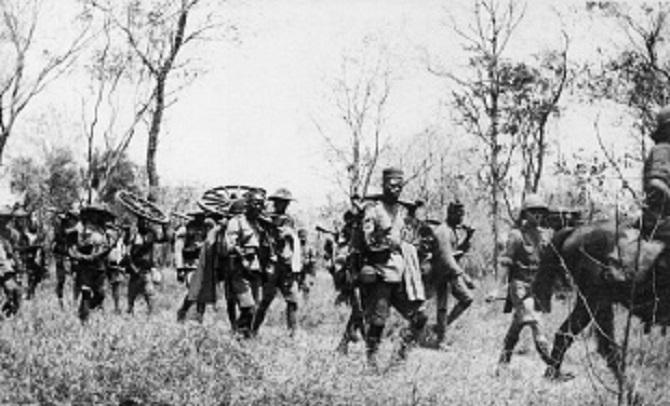
The operation did not cease with the termination of the transatlantic slave trade. Britain began banning the slave trade in 1807, and only in 1957 did Gold Coast – now Ghana – become the first sub-Saharan African country to become independent of European rulers. This period was filled with long and fierce colonial conflicts. These conflicts were not always ordinary wars with armies and weapons.
For 150 years after 1807, the British Empire tried to control Africa and its wealth. They used brutal massacres as well as treachery, such as bribery of African leaders, and betrayal of their treaties and agreements, such as with Queen Nzing from what is now called Angola.
Africans will use all available resources to protect their peoples and territories. They will fight against Europeans by partisan tactics, sabotage, refusal to cooperate, and destruction of those cultures and businesses based in Africa that benefit Europeans.
African countries eventually gained formal political independence but Britain still had a considerable influence on how some African countries developed. Their natural resources were still primarily owned and managed by European investors. Africans had to cope with these problems, as well as many other legacies of the European supervisory presence in Africa. 1
5. Skilled traders
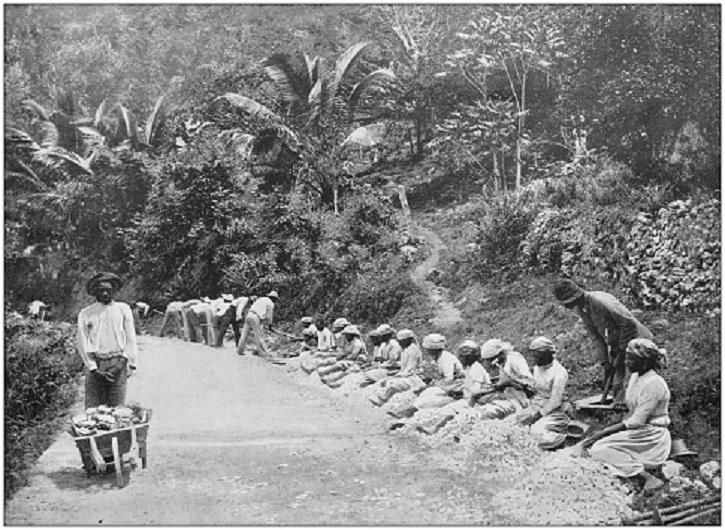
The transatlantic slave trade led to the forced expulsion of millions of Africans from Africa. This number includes a large percentage of skilled traders and women from various professions and businesses that contribute to African society. Without them, African societies themselves would be weakened.
Africa had trading systems that developed for hundreds of years long before Europeans appeared on their shores. British Empire destroyed these systems over vast areas of Africa when it developed trade with enslaved Africans.
The local systems were strongly affected and suppressed by the demands of the new trade with the enslaved Africans, trade imposed by the more advanced tools and ships of the Europeans.


